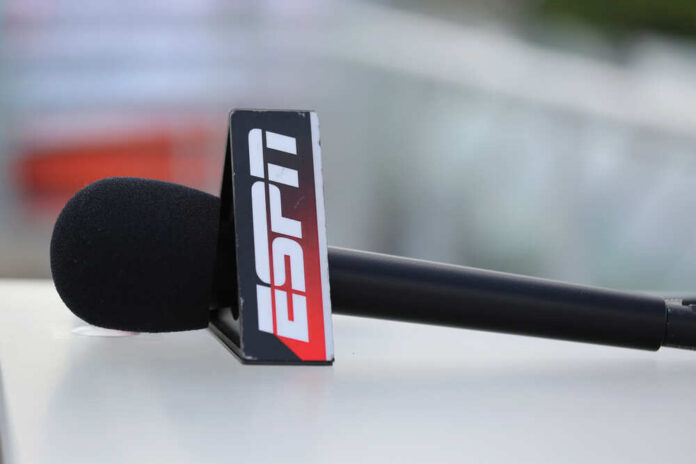
NBA Hall of Famer Charles Barkley has joined the debate over the last week surrounding the NBA’s MVP voting process. Fellow former player Kendrick Perkins, who often appears on ESPN as a guest analyst, recently claimed that the MVP voters, who are primarily white sports writers and broadcasters, prefer white players. Barkley criticized Perkins’ comments as “asinine, silly, stupid” and said they were “one of the most stupid things” he had ever heard.
Barkley accused Perkins of suffering from what he called “ESPN disease,” which he argued encourages some analysts to make outlandish claims to appear “provocative.” Barkley said he was glad former player J.J. Redick pushed back against Perkins’ comments while appearing on ESPN’s “First Take.”
Charles Barkley rips Kendrick Perkins for suggesting racial bias plays role in MVP voting https://t.co/kk5p0mPnYl
— Fox News (@FoxNews) March 8, 2023
Perkins had suggested that race played a role in the MVP voting process, citing that three players since 1990 have won the award despite being outside the top 10 in points per game, and all three are white. However, Redick took issue with Perkins’ insinuation that white voters were racist, and Barkley also disagreed with Perkins’ assessment.
Barkley also used his career to draw a comparison, saying that when he won the MVP award in 1993, he wasn’t a better overall player than Michael Jordan but was the best player on the Suns that season, while Phoenix had the best record in the NBA. Nikola Jokic, the Serbian phenom who won the MVP award the past two seasons and is expected to win again this year, currently averages a triple-double. His team, the Denver Nuggets, sits comfortably atop the standings in the NBA’s Western Conference.
Barkley’s remarks underscore the sensitive nature of discussing race in sports, particularly when voting on an individual award like MVP. Barkley demands that claims of racial bias should be based on concrete evidence rather than mere speculation.
Moreover, he emphasizes the importance of recognizing that the MVP award is given to the player with the best regular season, not necessarily the best overall player in the league. Barkley’s critique highlights the highly politicized environment ESPN has created on its network and the need for honest and fair sports commentary that avoids baseless narratives and focuses on objective analysis of genuine interest to sports fans.














